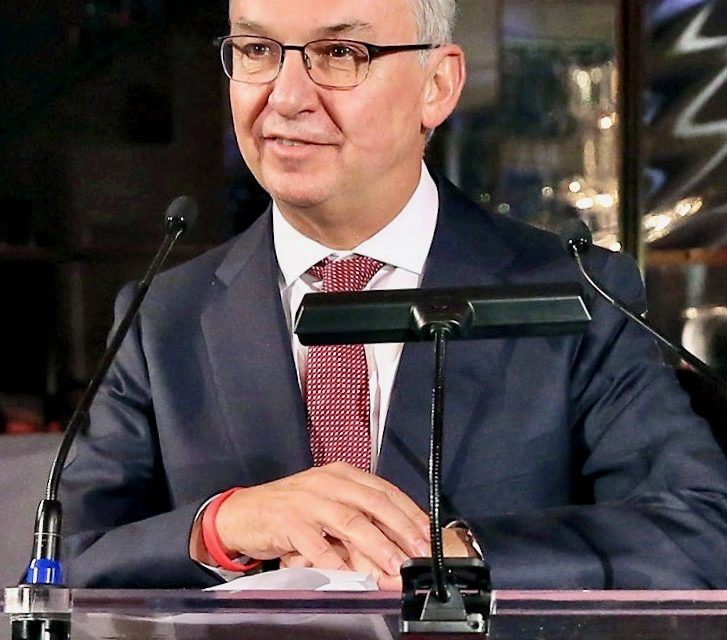The corruption of Dr. José Baselga, the chief medical officer at Memorial Sloan Kettering Cancer Center —and the system he rode in on— was exposed in a Sept. 8 article by Charles Ornstein of ProPublica and Katie Thomas of the New York Times. Excerpts follow:
One of the world’s top breast cancer doctors failed to disclose millions of dollars in payments from drug and health care companies in recent years, omitting his financial ties from dozens of research articles in prestigious publications like The New England Journal of Medicine and The Lancet.
The researcher, Dr. José Baselga, a towering figure in the cancer world, is the chief medical officer at Memorial Sloan Kettering Cancer Center in New York. He has held board memberships or advisory roles with Roche and Bristol-Myers Squibb, among other corporations, has had a stake in start-ups testing cancer therapies, and played a key role in the development of breakthrough drugs that have revolutionized treatments for breast cancer.
According to an analysis by The New York Times and ProPublica, Dr. Baselga did not follow financial disclosure rules set by the American Association for Cancer Research when he was president of the group. He also left out payments he received from companies connected to cancer research in his articles published in the group’s journal, Cancer Discovery. At the same time, he has been one of the journal’s two editors in chief.
At a conference this year and before analysts in 2017, he put a positive spin on the results of two Roche-sponsored clinical trials that many others considered disappointments, without disclosing his relationship to the company. Since 2014, he has received more than $3 million from Roche in consulting fees and for his stake in a company it acquired.
Dr. Baselga’s extensive corporate relationships — and his frequent failure to disclose them — illustrate how permeable the boundaries remain between academic research and industry, and how weakly reporting requirements are enforced by the medical journals and professional societies charged with policing them…
The cancer research group, the A.A.C.R., warns authors who fill out disclosure forms for its journals that they face a three-year ban on publishing if they are found to have financial relationships that they did not disclose. But the ban is not included in the conflict-of-interest policy posted on its website, and the group said no author had ever been barred.
A next-day piece by Ornstein and Thomas was headlined: “MSK Cancer Center Orders Staff to ‘Do a Better Job’ of Disclosing Industry Ties.” Just by stating the facts they achieved a a biting tone:
The chief executive of Memorial Sloan Kettering Cancer Center sent an email to all staff members on Sunday saying that the institution and its faculty “need to do a better job” of disclosing their relationships with the drug and health care industries.
“The matter of disclosure is serious,” wrote the executive, Dr. Craig B. Thompson, along with Kathryn Martin, the chief operating officer.
The piece ended:
Dr. Thompson and Ms. Martin closed by affirming the value of working with the health care industry.
“Collaboration with industry leaders, from early stage start-ups to large corporations, is necessary to focus on bringing better treatments to patients,” they said.
Christine Hickey, a spokeswoman for Memorial Sloan Kettering, said the cancer center had no further comment.
A photo by Cindy Old of the NY Times captures the smugness of Besalga and Thompson::





